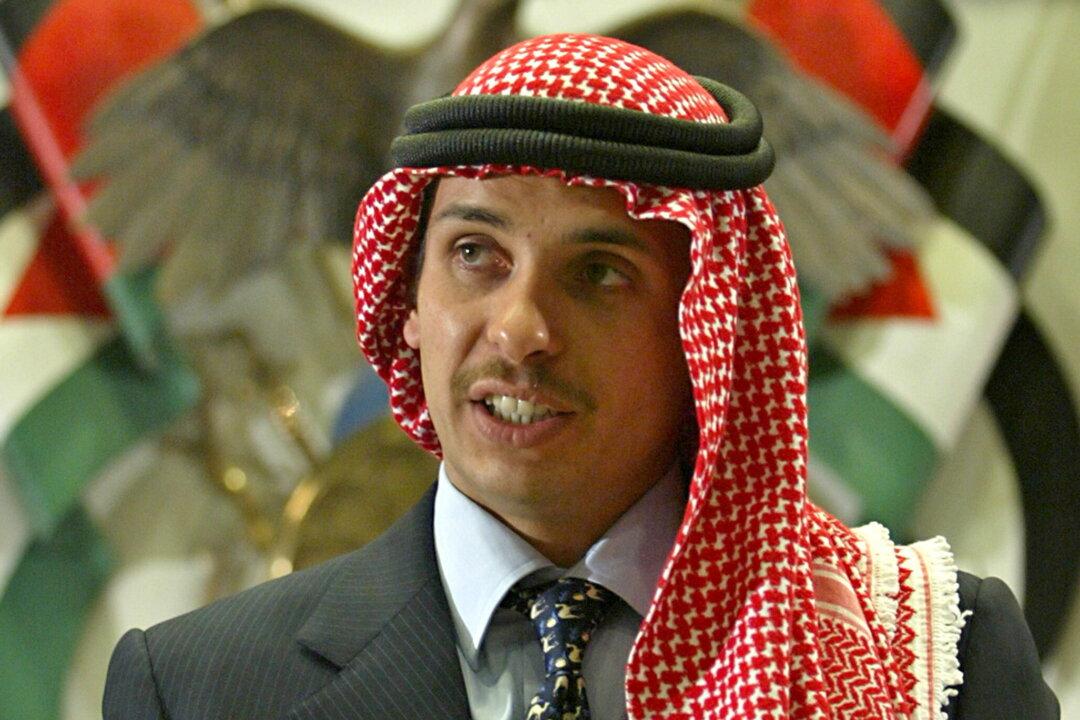AMMAN—Prince Hamza bin al-Hussein, a former heir to Jordan’s throne who was placed under house arrest last year, announced on Sunday he was giving up his royal title in protest over Jordan’s current policies.
Hamza was accused last April of trying to destabilise the monarchy in a foreign-inspired plot, but was spared punishment after pledging allegiance to King Abdullah, his half-brother.





